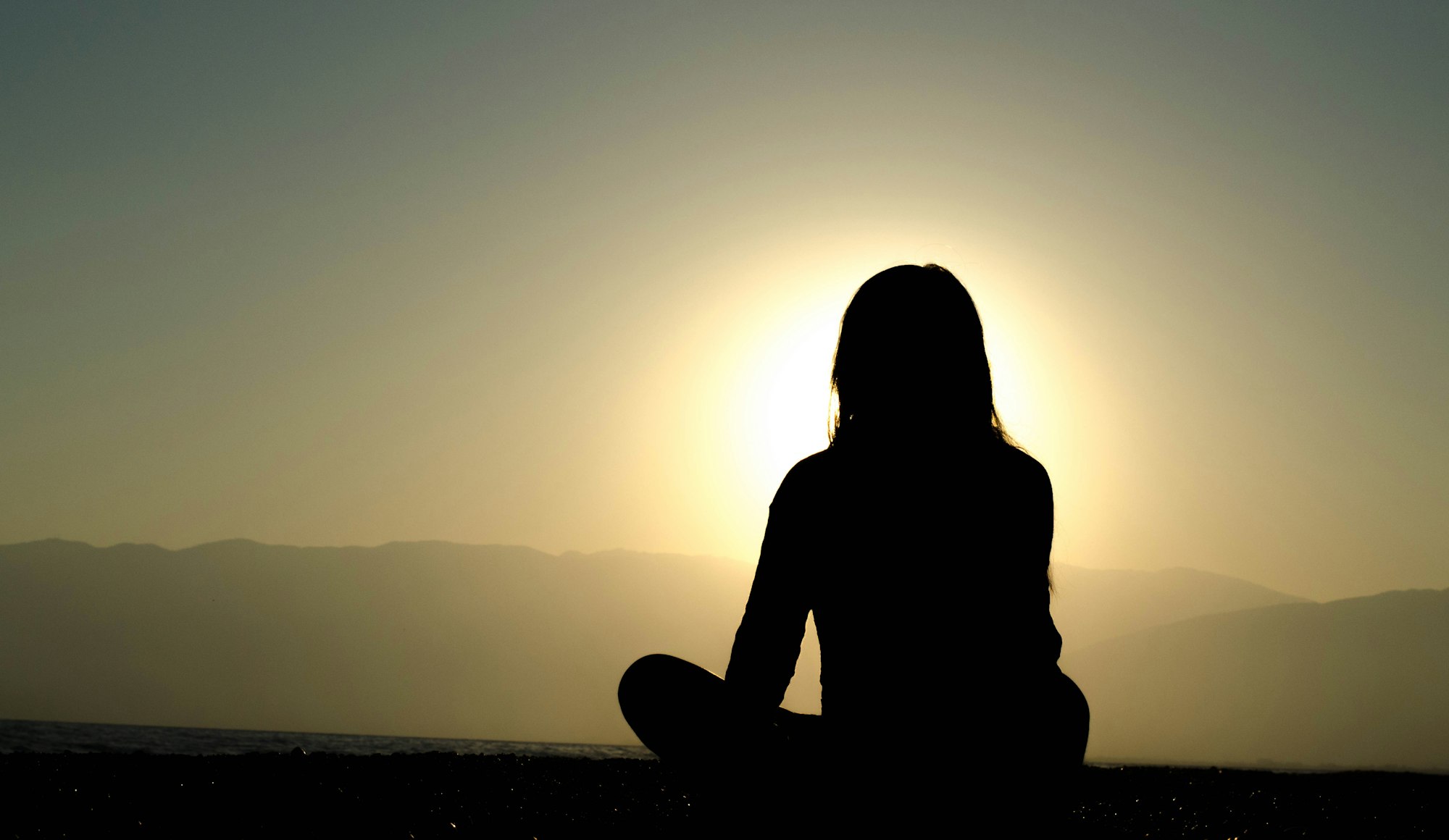
The path to recovery after a stroke is a complex journey that requires a holistic approach. While the focus often lies on physical rehabilitation and emotional support, one essential aspect frequently overlooked is the significance of quality sleep.
My personal journey to achieving better sleep underscored its profound impact not just on recovery, but on overall health and well-being. This realization led me to delve deeper into how sleep affects our recovery process and the steps we can take to improve it.
Unraveling the Mystery of Sleep Apnea
My awakening to the critical role of sleep in recovery began with the discovery of my sleep apnea. Despite the commonality of this condition, it often goes unnoticed due to its silent nature during sleep. For me, the condition was a silent disruptor, lurking unnoticed due to my partner's inability to hear my snoring—a symptom of sleep apnea. The realization came as a shock, prompting me to explore the depths of how sleep apnea could be impacting my recovery from a stroke.

Creating a Conducive Sleep Environment: The transformation of my sleep quality began with a comprehensive reevaluation of my sleeping environment. A conducive sleep environment is paramount for anyone, but for stroke survivors, it's even more crucial. My bedroom transformation involved eliminating all sources of noise and light pollution, which meant removing electronic devices and investing in blackout curtains. The switch from watching TV to listening to calming audiobooks or soothing music before bed played a significant role in preparing my mind for rest.

Professional Guidance and Sleep Studies: Seeking professional help was a turning point. A thorough sleep study, recommended by my healthcare provider, confirmed my sleep apnea and paved the way for targeted interventions. This proactive step was not just about diagnosing a condition; it was about understanding how untreated sleep apnea could impede stroke recovery, affecting everything from cognitive function to emotional well-being.

Lifestyle Adjustments for Optimal Sleep
Embarking on a journey to improve sleep quality meant overhauling my lifestyle from the ground up. Each change, while seemingly small, contributed significantly to a larger improvement in my sleep quality and, by extension, my recovery.
Diet, Exercise, and Sleep: The interplay between diet, exercise, and sleep became increasingly clear as I navigated my recovery. Late-night meals and caffeine were replaced with a balanced diet rich in sleep-promoting foods, such as almonds, cherries, and warm milk, which contain nutrients that help enhance sleep quality. Regular, moderate exercise became a non-negotiable part of my routine, significantly improving my sleep latency and depth by promoting physical tiredness and reducing stress.

Mindfulness, Medication, and Natural Remedies: Exploring the realms of mindfulness and sleep aids opened new avenues for managing my sleep quality. Mindfulness meditation before bed helped in reducing bedtime anxiety and promoting relaxation, facilitating a smoother transition to sleep. While the journey included experimenting with sleep medications under medical supervision, natural remedies such as lavender aromatherapy and valerian root supplements also found their place in my nighttime routine, offering gentle support to my body's natural sleep mechanisms.

The Power of Incremental Changes
Adapting to new sleep habits was a gradual process, emphasizing the power of small, consistent changes. Each step, no matter how minor it seemed at the time, was a building block towards a larger goal of improved sleep and recovery.

Patience and Consistency: The journey taught me the importance of patience and the impact of consistency. Small lifestyle adjustments, from setting a regular bedtime to reducing screen time before bed, cumulatively created a conducive environment for quality sleep. This consistency not only improved my sleep quality but also had a profound effect on my mood, cognitive function, and overall quality of life during recovery.
Broader Implications for Stroke Recovery
The quest for quality sleep transcends personal comfort, emerging as a critical component in the broader context of stroke recovery and stress management. This journey illuminated the intricate relationship between sleep and recovery, highlighting the need for sleep to be a central focus of rehabilitation efforts.
Aiming for Restful Sleep: Establishing a goal for seven to nine hours of quality sleep and adjusting routines accordingly is crucial. The process requires an understanding of personal sleep needs and a willingness to adapt as those needs change, emphasizing the importance of sleep in the holistic recovery process for stroke survivors.

Conclusion
In reflecting on my journey to better sleep, it's clear that this aspect of recovery is as critical as any therapy or medication. The lessons learned have not only transformed my approach to sleep but have also offered a blueprint for others navigating the complex path of stroke recovery. As we strive to reclaim our health and well-being, let's prioritize quality sleep, recognizing its indispensable role in restoring balance and enhancing our recovery journey.
The road to better and more improved sleep hasn't been easy for me personally. but the good thing now is when I do catch myself getting off track I'm much better about catching myself and making the necessary adjustments to make sure my body and brain get the time they need to recover.
That being said, as a survivor, parent and business owner I do have the flexibility to adjust if need be. I no longer feel guilty if I need an extra hour or two because in order to be my best most productive self in every aspect of life its important to me to not. cut corners when it comes to sleep. Things need to constantly been done, but for me it's no longer at the expense of my sleep health!




